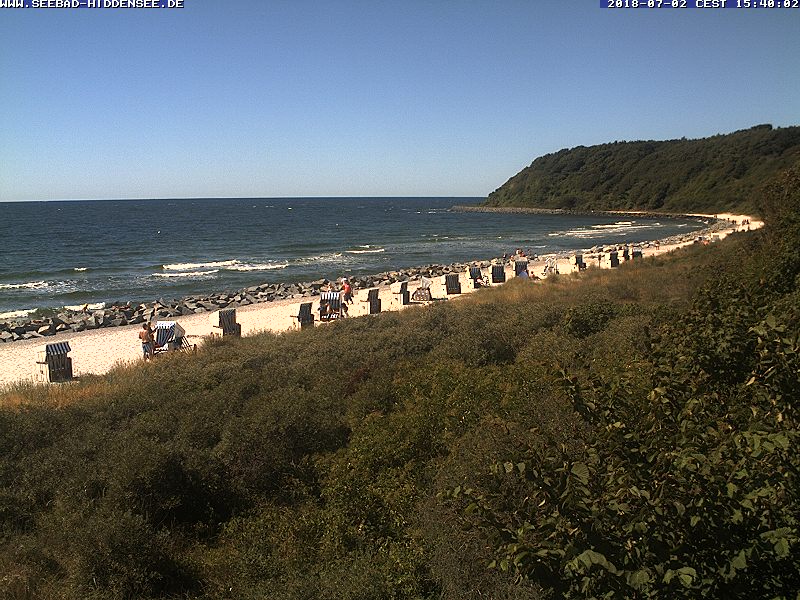Recommending ...
... these welcome lights in an enlightened firmament:
a film:
In the remote sands of the Moroccan desert, a rifle shot rings out - detonating a chain of events that will link an American tourist couple’s frantic struggle to survive, two Moroccan boys involved in an accidental crime, a nanny illegally crossing into Mexico with two American children and a Japanese teen rebel whose father is sought by the police in Tokyo.
STARRING: Brad Pitt, Cate Blanchett, Gael Garcia Bernal, Paul Terrell Clayton, Koji Yakusho, Elle Fanning, Adriana Barraza, Rinko Kikuchi
DIRECTOR: Alejandro González Iñárritu
SCREENWRITER: Guillermo Arriaga
Copyright © 2006 Paramount Vantage Trailer
DIRECTOR: Alejandro González Iñárritu
SCREENWRITER: Guillermo Arriaga
Copyright © 2006 Paramount Vantage Trailer
a book:
Against the Day, by Thomas Pynchon
 Spanning the period between the Chicago World's Fair of 1893 and the years just after World War I, this novel moves from the labor troubles in Colorado to turn-of-the-century New York, to London and Gottingen, Venice and Vienna, the Balkans, Central Asia, Siberia at the time of the mysterious Tunguska Event, Mexico during the Revolution, postwar Paris, silent-era Hollywood, and one or two places not strictly speaking on the map at all.
Spanning the period between the Chicago World's Fair of 1893 and the years just after World War I, this novel moves from the labor troubles in Colorado to turn-of-the-century New York, to London and Gottingen, Venice and Vienna, the Balkans, Central Asia, Siberia at the time of the mysterious Tunguska Event, Mexico during the Revolution, postwar Paris, silent-era Hollywood, and one or two places not strictly speaking on the map at all.With a worldwide disaster looming just a few years ahead, it is a time of unrestrained corporate greed, false religiosity, moronic fecklessness, and evil intent in high places. No reference to the present day is intended or should be inferred.
The sizable cast of characters includes anarchists, balloonists, gamblers, corporate tycoons, drug enthusiasts, innocents and decadents, mathematicians, mad scientists, shamans, psychics, and stage magicians, spies, detectives, adventuresses, and hired guns. There are cameo appearances by Nikola Tesla, Bela Lugosi, and Groucho Marx.
As an era of certainty comes crashing down around their ears and an unpredictable future commences, these folks are mostly just trying to pursue their lives. Sometimes they manage to catch up; sometimes it's their lives that pursue them. Meanwhile, the author is up to his usual business. Characters stop what they're doing to sing what are for the most part stupid songs. Strange sexual practices take place. Obscure languages are spoken, not always idiomatically. Contrary-to-the-fact occurrences occur. If it is not the world, it is what the world might be with a minor adjustment or two. According to some, this is one of the main purposes of fiction.
Let the reader decide, let the reader beware. Good luck.
-Thomas Pynchon
a French meditation:
Fleurs : Le grand roman de l'érotisme floral,
de Philippe Sollers

Que dit le lys ? la rose ? la tulipe ? le lilas ? le mimosa ? l'œillet ? Ou bien, plus à l'Est, le lotus ? Quels drames, quels secrets, quels parfums ? Quel sang, dans l'ombre ? " On se propose, à partir d'un artiste et d'un botaniste trop peu connu, Gérard Van Spaendonck (1746-1822), de découvrir le continent des fleurs tel qu'il est apparu au dix-huitième siècle. Les fleurs étaient là de tout temps, bien entendu, mais leur mise en lumière encyclopédique, leurs noms, leur dessin, surgissent alors sur soie et sur vélin, avec une précision et une délicatesse inouïes. Spaendonck, au Jardin des Plantes de Paris, a eu des élèves, dont le célèbre Pierre-Joseph Redouté. Ces hommes ont vu s'ouvrir à la fois la nature florale et sa représentation. Ils en ont vécu l'éclosion et le geste qui la prolonge. Leur prodigieux et silencieux travail a traversé la Révolution et la Terreur. Il vient maintenant vers nous comme un signe renouvelé de beauté, de vivacité, de diversité, de fraîcheur. Voici la langue des fleurs. Il s'ensuit une libre improvisation à travers la poésie, lalittérature, la peinture (sans oublier la métaphysique et la théologie), où ce langage se montre dans toutes ses dimensions symboliques,amoureuses, érotiques. Fauteur de ce petit livre suit sa rêverie et son inspiration du moment. Il revisite Dante, Ronsard, Shakespeare, Rousseau, Baudelaire, Rimbaud, Mallarmé, Proust, Colette, Ponge ou Genet.
.jpg)






No comments:
Post a Comment